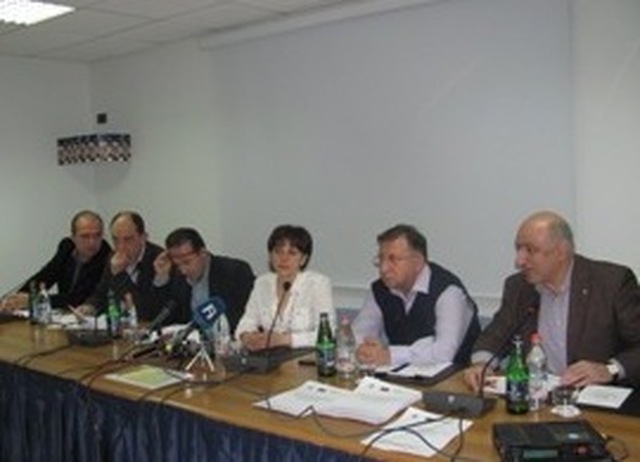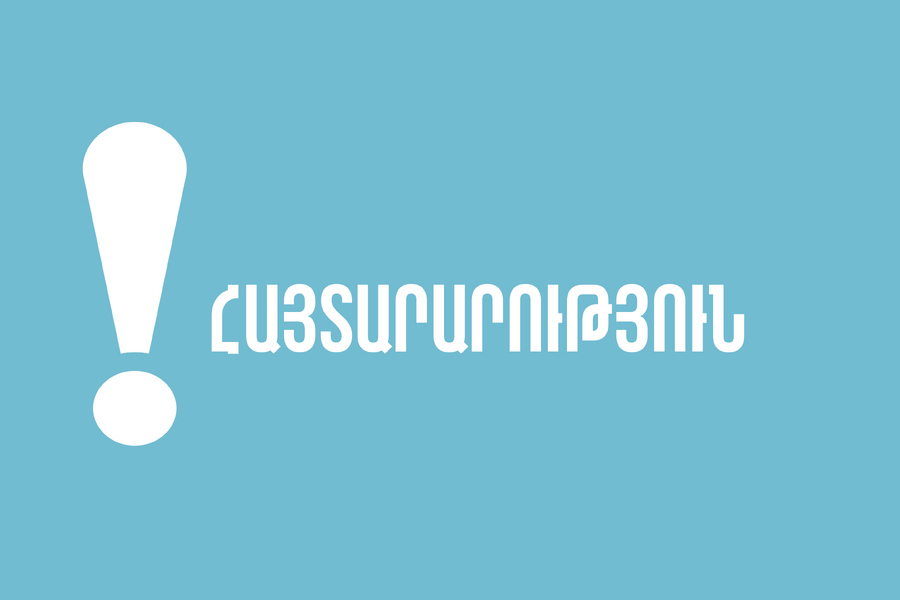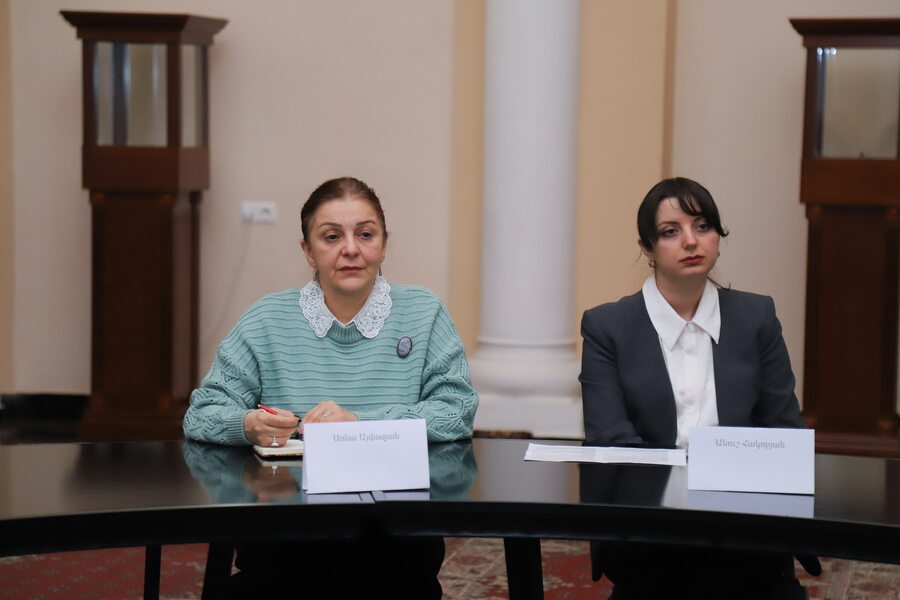Observations of Human Rights NGOs of Armenia in the Run-up to the 2012 Parliamentary Elections
4 May 2012, Yerevan - Conducting elections in line with the democratic standards is contingent first of all upon the extent to which fundamental human freedoms are respected in a country during the period between the current and previous elections. In case of no respect for or limitations of such freedoms, the final phase of the election, i.e. the voting cannot adequately reflect the vote results in an impartial manner.
Exercise of the Voters' Rights
Use of Administrative Resources
In Armenia, the education system continues to be used as an essential tool for the incumbent candidates and parties. The staff and students of schools, colleges, and universities are taken to meetings with candidates, and illegal campaigning is performed under covert orders of the superiors. Over 70 percent of the directors of all the state schools and colleges in the larger cities of Armenia are members of the Republican Party of Armenia. For instance, 32 of the 42 state schools and colleges in the City of Gyumri, and 26 of the 29 state schools and colleges in the City of Vanadzor were headed by members of the Republican Party of Armenia from as early as March 2012; more importantly, half of them had joined the Republican Party of Armenia within the preceding 10 months.
The Pre-Electoral Campaign
Relative to the previous parliamentary election, the broadcast media are ensuring much more pluralistic coverage of the current campaign and are generally ensuring equal conditions for the political forces to present their platforms and views to the voters. It can be mostly attributed to the commitments undertaken by the Armenian authorities in relation to international organizations regarding the upcoming election, as well as some new factors. However, this trend can be valued only if it continues after the election, as well, i.e. if it is driven not by external circumstances and the election legislation, but also, and more so, by domestic motives and control mechanisms, becoming "business as usual."
Campaign Financing
Behavior of the Political Forces
In some cases, the political forces (especially the Republican Party of Armenia and the Prosperous Armenia Party) have completely ignored their voters, i.e. ordinary citizens of Armenia, failing to respond to issues directly raised by them.
The Preconditions for Irregularities
The Armenian authorities have refused to put in place mechanisms that could preclude or minimize vote fraud and irregularities. In November 2010, the National Assembly working group drafting the Labor Code, and in April 2012, the Central Electoral Commission of Armenia turned down the recommendations of non-governmental organizations on having the state install video cameras in the polling stations, videotaping the whole voting and ballot counting process, broadcasting it over the Internet, and archiving the records as official information.
The inflation of voter lists is one of the more serious concerns related to the upcoming election: it creates a breeding ground for fraudulent practices that are harder to disclose and more likely to happen on the voting day, such as voting with false passports or proxy voting. The comparison of the voter lists posted on the website of the Armenian Police and the 2010-2011 statistical data on the permanent population of Armenia published by the National Statistical Service of Armenia shows that, in 34 settlements of Armenia, the number of voters in the voter lists is larger than the permanent population figure.
The new media are playing an increasingly more important role in the current electoral process. By virtue of their speed and relevance, the new media are willingly or unwillingly influencing the traditional media, especially the broadcast media, forcing them to modernize their practices and competing rather seriously for the place of the frontrunner in the fight against irregularities and vote fraud.
Civic Participation
Despite public activity, there are still concerns related to people's worry over filing individual complaints. Although there are numerous alerts of covert illegal practices and harassment of citizens, the persons filing them either are reluctant to give their names or specifically ask not to disclose their identity, which is indicative of a lingering climate of fear in the country.
"Asparez" Journalists' Club
Helsinki Citizens' Assembly Vanadzor Office
Helsinki Committee of Armenia
Yerevan Press Club
Transparency International Anti-Corruption Center





